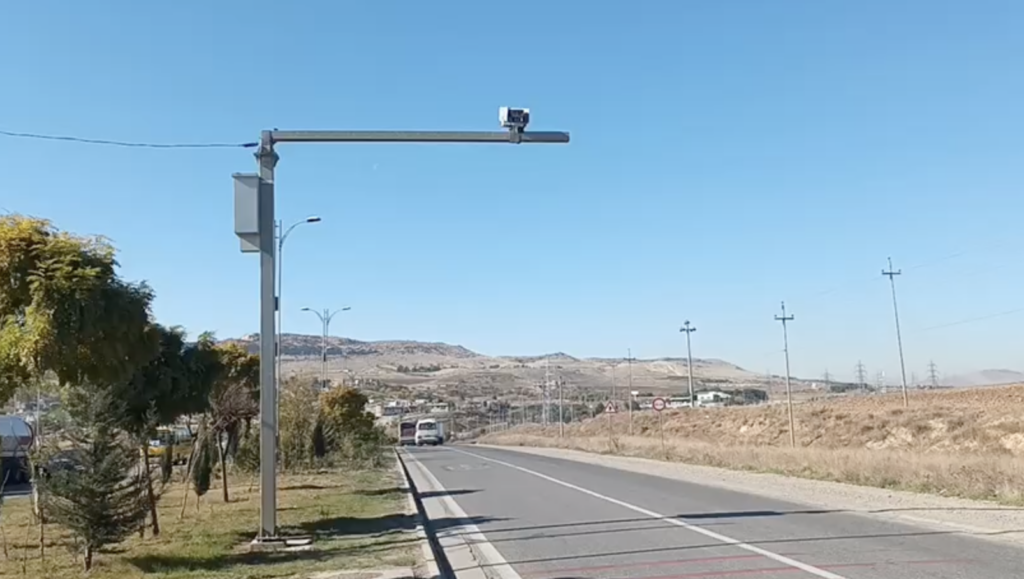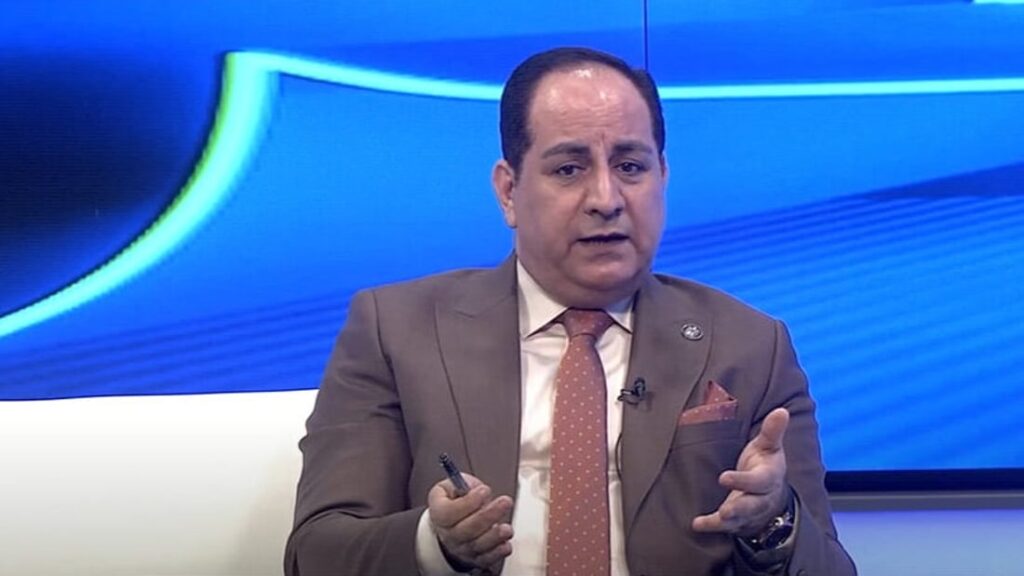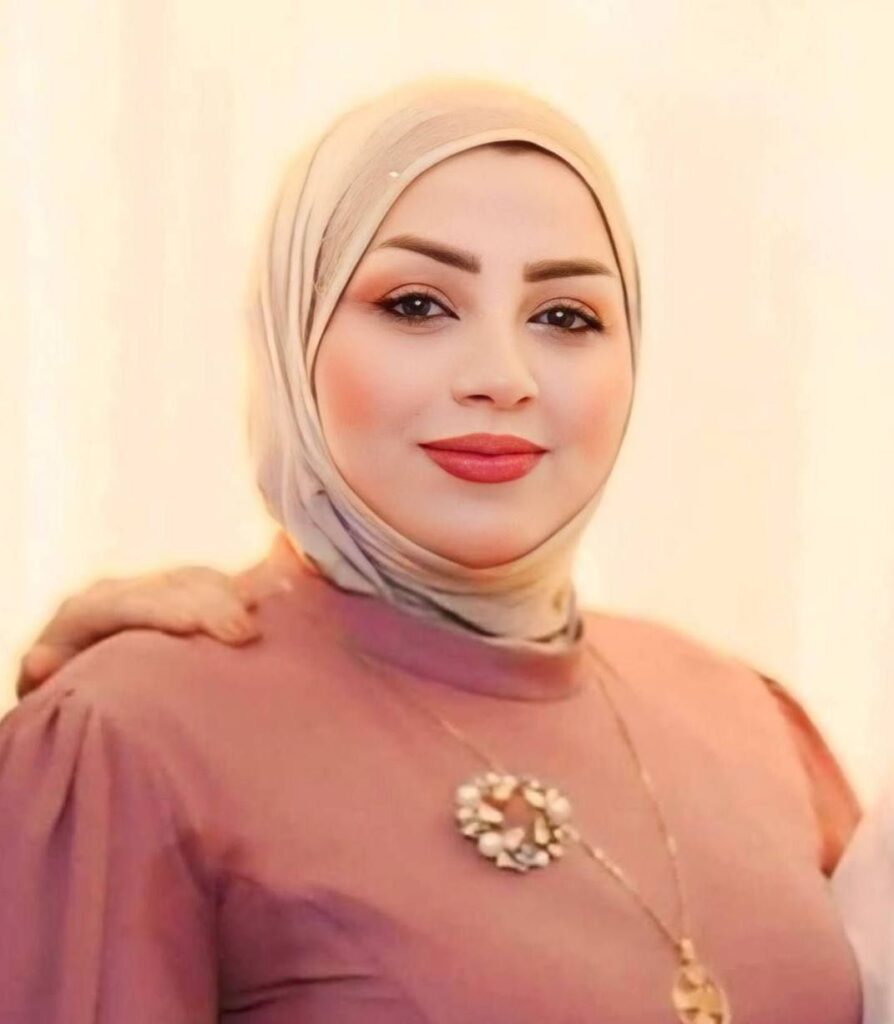Iran (Islamic Republic of): WFP Iran Country Brief, August 2019
In Numbers
30,075 people assisted in August 2019
268 mt of food assistance distributed
US$ 144,310 cash-based transfers made
US$ 0 m six months (October 2019 – March 2020) net funding requirements
Operational Updates
• In August, WFP successfully reached some 30,000 refugees as per target, of whom 8,421 were women, 8,421 men, 6,316 girls, and 6,917 boys. The assisted people received a total cash transfer value of USD 144,310 and 268 mt of fortified wheat flour.
• WFP prioritized cash transfers where markets are functional, as they are a way to empower and dignify assisted people. This mechanism enables people to independently choose what to buy and eat, while contributing to a more diverse diet for improved nutrition. Furthermore, cash transfers can have a multiplier effect on the local economy and strengthen local markets, encourage smallholder farmers to be more productive, and build national capacity.
• Education incentives under the School Feeding Programme are on hold during the summer break (July -September) and will resume at the start of the new academic year in October.
• WFP Iran received US$75,000 contribution from The State of Kuwait and one of US$65,000 from the Republic of Poland, which were used to provide onemonth rations of essential foods to 12,400 people worst-affected by floods in Lorestan province. The emergency food parcels include rice, canned pinto beans, canned tuna fish, green lentils, beans, vegetable oil, sugar, tea, and iodised salt. All commodities were purchased from suppliers in Iran, where WFP prioritizes local procurement in support of the local economy, as well as reduce transport costs to the extent possible.
• In line with WFP’s Country Programme component in support of refugees’ livelihoods, WFP has provided 52 sewing machines in the Sarvestan settlement, where more than 550 Afghan refugees are residing. These sewing machines will be used in tailoring workshops by refugee men and women between the age of 18 to 59 years old as of October 2019.




